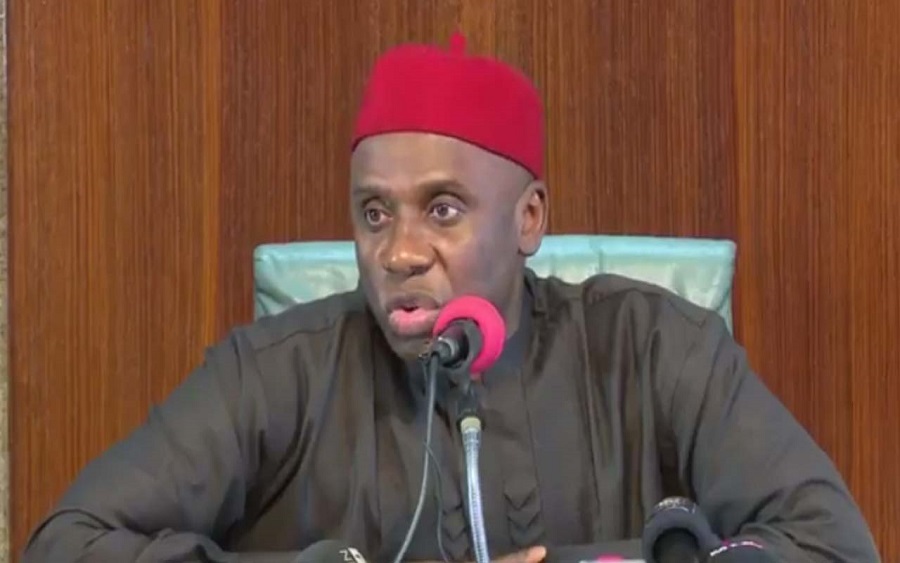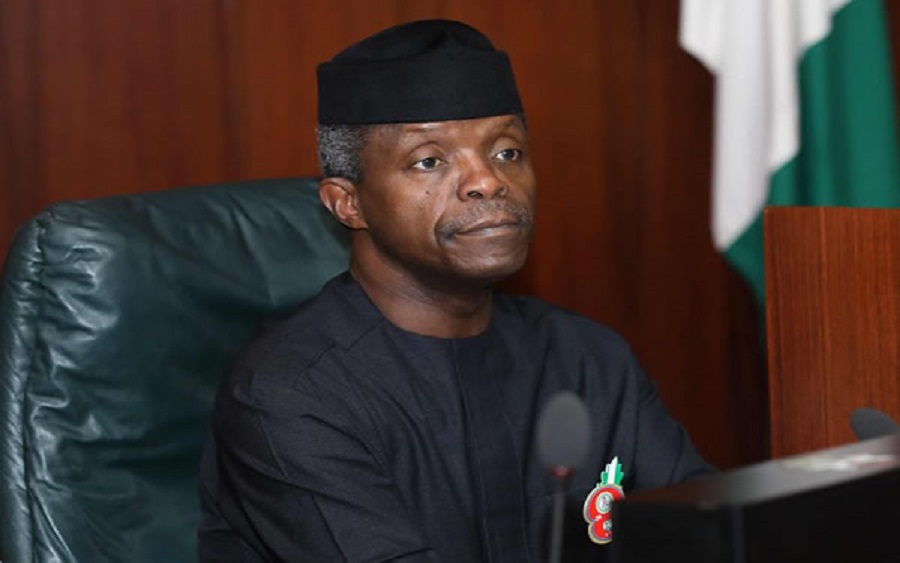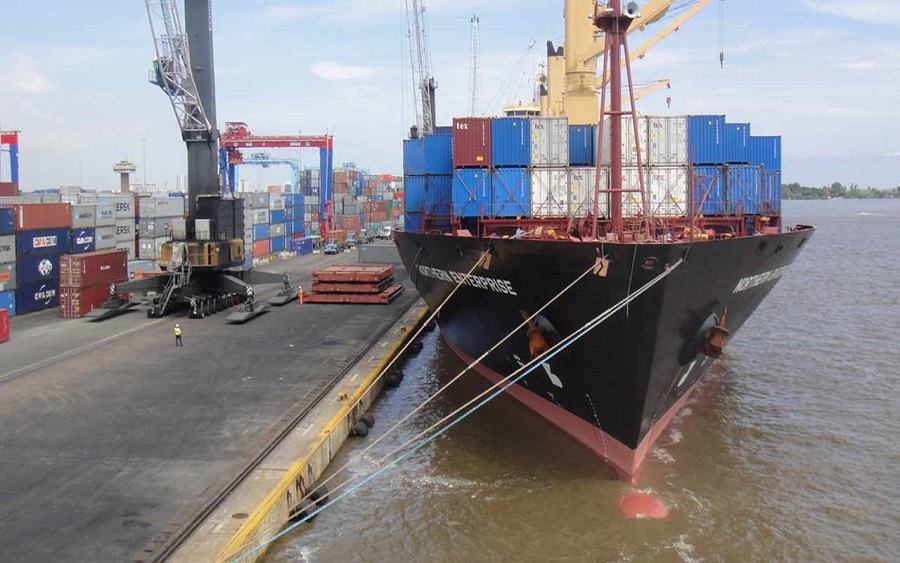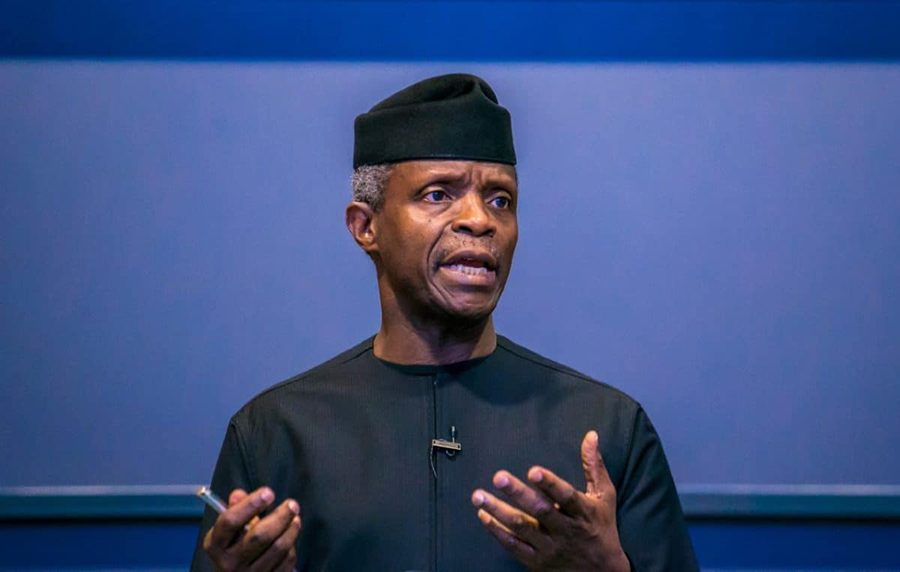The economy of Nigeria suffers an annual loss of N150 billion based on multiple taxes levied on Nigeria-bound cargoes by foreign shipping companies.
This was made public in a study released at a one-day sub-regional summit tagged, ‘Unfair Shipping Surcharges and High Local Shipping Charges at the Ports of West and Central Africa’, organised by the Nigerian Shippers’ Council under the auspices of the Union of African Shippers’ Council.
The study projects that local shipping charges imposed on exports will exceed N150 billion on a year-on-year basis.
The levies are listed thus as:
- bunker adjustment factor;
- currency adjustment factor;
- war risk surcharge;
- congestion surcharge; and
- peak season surcharge.
[READ MORE: Red Star expands service offerings in Nigeria with cargo consolidation]
Others are extra risk insurance surcharge, freight rates surcharge and port operations recovery surcharge.

Rotimi Amaechi, the Minister of Transportation who represented the Vice President, Prof. Yemi Osinbajo at the summit, faulted the introduction of the levies that lacked transparency. He said the surcharges could be linked to illegal capital flight from Nigeria and the other West and Central African countries.
“These surcharges amount to huge sums of illegal capital flight from the countries of the sub-region depleting their limited foreign exchange/reserves.”
Seaports will be audited: Following the illegitimate levies borne by Nigerian Shippers, Rotimi Amaechi ordered the Nigerian Shippers’ Council to perform a comprehensive audit of all seaports terminals in Nigeria.
This move is expected to curb the high shipping charges in West and Central Africa sub-regions and adopt a review of the charges to promote trade among countries in the sub-region.
[READ MORE: Nigerians spent N161 billion to import used Vehicles from U.S in 2018]

Osinbajo noted that the Federal Government was fully aware of all the challenges shippers face while transporting goods through the port and gave the regulator the upper hand in auditing all the ports.
“The Federal Government has mandated the NSC in her capacity as the port economic regulator to carry out a comprehensive audit of all seaport terminals in Nigeria to ascertain their efficiency and competitiveness. Government will ensure that the outcome of the audit report will be fully implemented for improved port operation. The report of the audit will also spell out the responsibilities of terminals and the Federal Government. Similarly, the council is further mandated to monitor and supervise compliance to the standard operating procedures by all port agencies and port service providers for improved service delivery.”
























